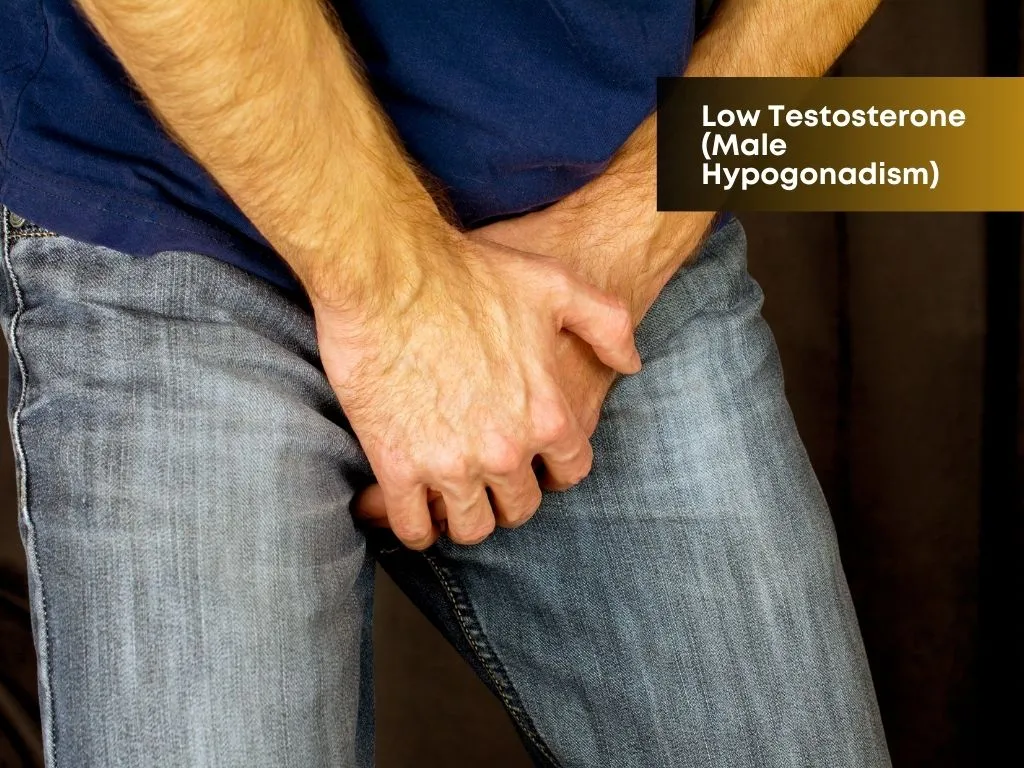Overview
Vertigo is a type of dizziness characterized by the sensation of spinning or motion when one is not actually moving. It can make you feel like you or your surroundings are spinning or moving when they are not. Vertigo is often associated with inner ear problems, such as benign paroxysmal positional vertigo (BPPV), vestibular neuritis, or Meniere's disease. It can also be caused by certain medications, head injuries, migraines, or other underlying health conditions.
Causes
Infectious Agents: Many diseases are caused by infectious agents such as bacteria, viruses, fungi, or parasites. Examples include the flu (caused by the influenza virus), tuberculosis (caused by the bacterium Mycobacterium tuberculosis), and malaria (caused by the Plasmodium parasite).Genetics: Some diseases are inherited from one's parents due to genetic mutations or variations. These can include conditions like cystic fibrosis, sickle cell anemia, and Huntington's disease.Environmental Factors: Exposure to environmental toxins, pollutants, radiation, and hazardous substances can increase the risk of developing certain diseases, including respiratory diseases, skin conditions, and certain types of cancer.Immune System Disorders: Disorders of the immune system, such as autoimmune diseases (where the immune system attacks the body's own tissues), can lead to various diseases such as rheumatoid arthritis, lupus, and multiple sclerosis.Age: Advancing age is a risk factor for many diseases, including cardiovascular diseases, neurodegenerative diseases (such as Alzheimer's disease), and certain types of cancer.Hormonal Imbalances: Imbalances in hormones can contribute to the development of diseases such as thyroid disorders, diabetes, and reproductive disorders.Trauma and Injury: Physical trauma or injury can lead to various health conditions, including broken bones, concussions, and internal organ damage.Nutritional Deficiencies: Inadequate intake of essential nutrients can lead to nutritional deficiencies, which can increase the risk of diseases such as anemia, osteoporosis, and certain neurological disorders.Psychological Factors: Mental and emotional factors such as stress, anxiety, depression, and trauma can impact physical health and contribute to the development or exacerbation of diseases.
Symptoms
Fever: Elevated body temperature, often a sign of infection or inflammation.Fatigue: Persistent tiredness or lack of energy, which can be a symptom of various health issues including infections, chronic diseases, and sleep disorders.Pain: Discomfort or ache in a specific part of the body, which can range from mild to severe and may indicate injuries, infections, or underlying health conditions.Cough: A reflex action that helps clear the airways, often a symptom of respiratory infections, allergies, or lung conditions.Shortness of breath: Difficulty breathing or feeling breathless, which can be a symptom of asthma, heart disease, lung infections, or other respiratory conditions.Nausea and vomiting: Sensation of feeling sick to the stomach and involuntary expulsion of stomach contents, which can be caused by various factors including infections, food poisoning, motion sickness, or digestive disorders.Diarrhea: Frequent passage of loose, watery stools, often a symptom of gastrointestinal infections, food intolerances, or digestive disorders.Headache: Pain or discomfort in the head or neck region, which can be caused by various factors including tension, migraines, sinus infections, or neurological conditions.Rash: Changes in the skin's appearance, such as redness, itching, or raised bumps, which can be a symptom of allergic reactions, infections, autoimmune disorders, or skin conditions.Swelling: Abnormal enlargement or puffiness in a specific part of the body, often a sign of inflammation, fluid retention, or underlying health conditions such as infections or allergies.Changes in bowel or bladder habits: Any significant changes in urination or defecation patterns, which can be indicative of urinary tract infections, gastrointestinal disorders, or other health issues.Weight loss or gain: Unintentional changes in body weight, which can be a symptom of various health conditions including hormonal imbalances, digestive disorders, or metabolic issues.
Treatment: Modern Medicine
Medications: Pharmaceutical drugs are commonly prescribed to treat a wide range of diseases and symptoms. These can include antibiotics to treat bacterial infections, analgesics for pain relief, antihypertensives to manage high blood pressure, and many others.Surgery: Surgical procedures are often used to diagnose, treat, or manage certain diseases or conditions. Examples include appendectomy for appendicitis, coronary artery bypass grafting for heart disease, and joint replacement surgery for arthritis.Radiation Therapy: This treatment uses high-energy radiation to target and destroy cancer cells. It is commonly used as part of cancer treatment either alone or in combination with surgery and/or chemotherapy.Chemotherapy: Chemotherapy involves the use of drugs to kill cancer cells or stop them from growing and dividing. It is often used as a systemic treatment for various types of cancer.Immunotherapy: This treatment harnesses the body's immune system to fight diseases, particularly cancer. It can involve the use of monoclonal antibodies, immune checkpoint inhibitors, or other immunomodulating agents.Physical Therapy: Physical therapy involves exercises, manual therapy, and other techniques to improve mobility, strength, and function, often following surgery or to manage chronic conditions such as arthritis or back pain.Counseling and Psychotherapy: Mental health conditions are often treated with counseling, psychotherapy, or other forms of talk therapy. This can help individuals cope with emotional challenges, manage symptoms, and improve overall well-being.
Treatment: Traditional Medicine
Caution
Avoid Quick Movements: Sudden movements, such as standing up quickly or turning the head abruptly, can trigger or exacerbate vertigo symptoms. Take your time when changing positions to minimize dizziness.Modify Activities: Certain activities that involve rapid head movements or height can worsen vertigo. Consider modifying or avoiding activities such as driving, operating heavy machinery, or climbing ladders until symptoms improve.Consider Vestibular Rehabilitation: Vestibular rehabilitation therapy (VRT) is a specialized exercise-based program designed to improve balance and reduce symptoms of vertigo. Consult with a physical therapist experienced in VRT for personalized treatment.
Prevention
Avoid Trigger Foods and Beverages: Certain foods and beverages, such as caffeine, alcohol, and salty foods, can worsen vertigo symptoms. Limit or avoid these triggers as much as possible.Manage Stress: Stress and anxiety can exacerbate vertigo symptoms. Practice stress-reduction techniques such as deep breathing, meditation, or yoga to help manage stress levels.Be Cautious with Medications: Some medications can cause or worsen vertigo as a side effect. Discuss any new medications or changes to your medication regimen with your healthcare provider.Be Careful with Head Movements: Avoid sudden or rapid movements of the head, which can trigger vertigo episodes. Move slowly and deliberately, especially when changing positions.Use Assistive Devices: If you have mobility issues or are prone to falls, consider using assistive devices such as canes or walkers to provide support and stability.Address Underlying Health Conditions: Certain underlying health conditions, such as Meniere's disease or vestibular migraines, can contribute to vertigo. Work with your healthcare provider to manage these conditions effectively.
 Nalamaree Team
Nalamaree Team





















.jpg.webp)
